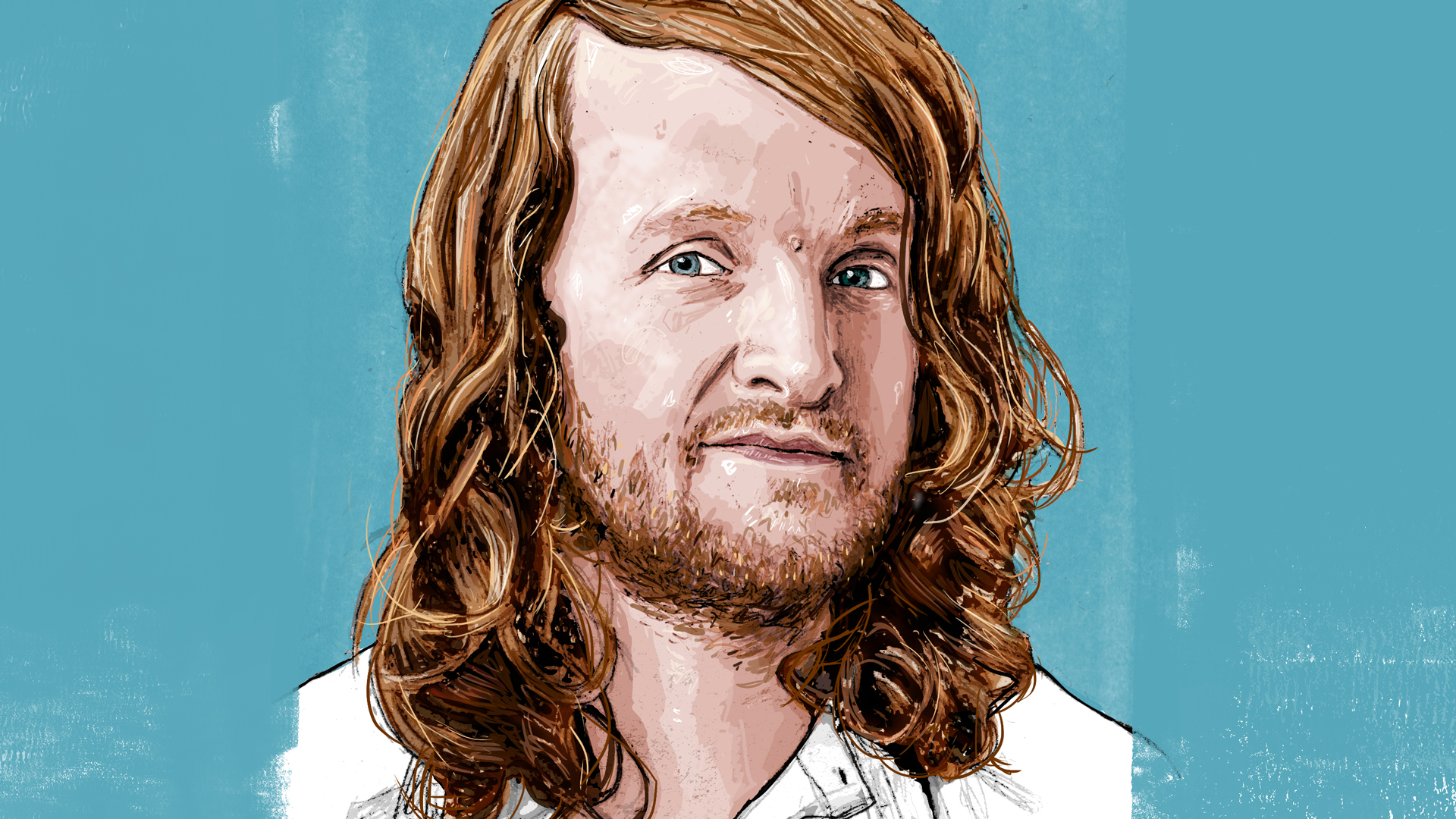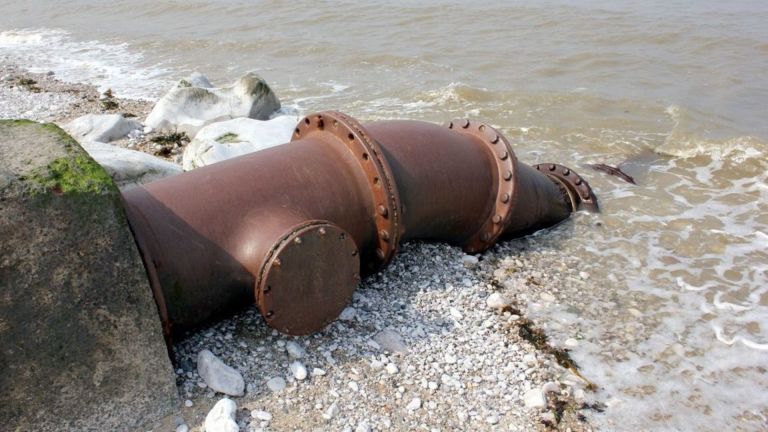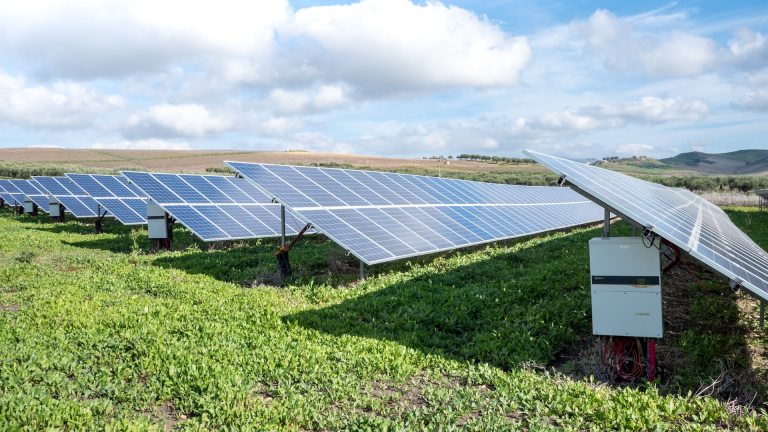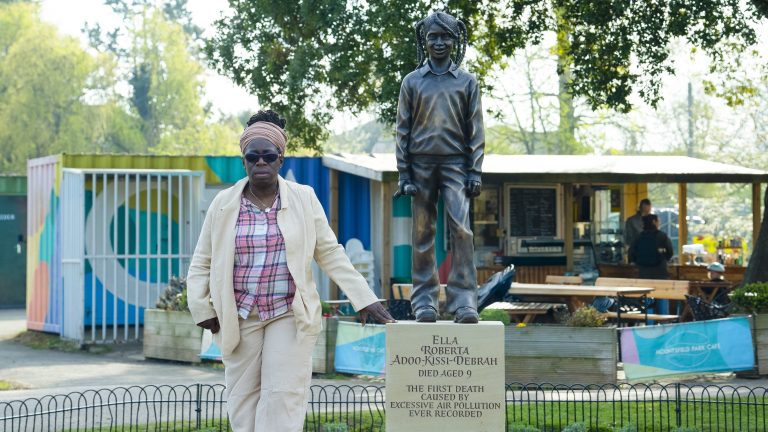Waste-free supermarkets are popping up across the country, doing away entirely with packaging in an effort to stop the mass littering of the planet. But what if you fancy going out for dinner? Chef Douglas McMaster has already thought of that, pioneering one of the world’s first zero-waste restaurants and proving excellence can be sustainable.
In 2011, McMaster had worked at a few Michelin-starred restaurants and was working at a Melbourne establishment that was “great but very bad for issues around waste”. It was at that point he met artist Joost Bakker, who was creating buildings that grow food out of waste materials.
“We became friends very quickly and he asked if I wanted to cook in a new building he’d designed, the Greenhouse,” says McMaster, now 31. “Inevitably we got to talking about food, restaurants and waste, and he turned to me and said: ‘Do you want to open a permanent restaurant without a bin?’”
The artist already had some investment, so the duo got to work. What they came up with was Silo, a turbocharged version of an environmentally-friendly cafe, where the wine came in kegs and Australia’s abundance of natural resources meant bypassing the supply chain was easier than expected.
When a family member fell ill, McMaster moved back to the UK. He already had his sights set on what would become Silo in Brighton, but he discovered it was much more difficult to get that kind of project off the ground in England. The UK food industry is older and more hidebound while Australia’s “fresher” infrastructure means innovation is more welcomed, says McMaster. Meanwhile he was “foraging the streets for materials” because he had no extra cash.
McMaster eventually attracted investment and opened the Brighton establishment in 2014. The restaurant was zero-waste both in food and design, with an uncompromising focus on natural food from nearby that will never be thrown out. The furniture and fittings were upcycled pieces of furniture or building materials, with work benches made from the frames of filing cabinets, surplus plastic sheets for table-tops and plastic bags melted down to create plates.










